
Title of the document
It’s so encouraging to see how quickly advances in
biomarker research are being made.
If I wasn’t being treated in an up-to-date stomach cancer center, my experience would be
completely different.

Lauren Donithan
Diagnosis:
Biomarker:
For years, I sought but never found an explanation for progressively worsening gastrointestinal symptoms. Though the diagnoses didn’t make sense given my young age, healthy eating habits and overall fitness, various doctors told me I likely had IBS, acid reflux, gastroesophageal reflux disease (GERD) and even constipation. I am a registered dietitian, and when I was eventually diagnosed with Stage IV stomach cancer in 2023 at age 37, I dove into research and learned that stomach cancer biomarkers could play an important role in my treatment plan. I feel very fortunate that I am able to access a stomach cancer treatment facility that is up-to-date on current research and providers who are willing to go outside the normal standard of care based on my specific cancer–which includes being positive for one common and one emerging biomarker.
Diagnosis and Early Treatment
Medications intended to address those problems proved ineffective, however, and within a few weeks I was seen at a GI clinic in my Montana community. In April, a doctor there ordered an endoscopy that revealed the devastating news that I had gastric signet ring-cell adenocarcinoma.
The months since then have been a whirlwind of tests, surgeries and medical therapies. I decided quickly to seek care in a research-oriented facility where my team of doctors would be willing to think outside of the box, including having an understanding of the latest biomarker-related treatment possibilities.
Within days of my first endoscopy, I was seeing a GI cancer specialist in Colorado. I had a PET scan as well as a diagnostic laparoscopy that revealed peritoneal lesions, which meant I had stage 4 cancer. The very next day–Friday the 13th of May–I started chemotherapy. Concurrent with my first weeks of FLOT treatment, I was tested for biomarkers, and soon learned I had a PD-L1 score of five, which made me a good candidate for the immunotherapy Opdivo, which I started immediately.

I am the mother of two young boys, and at first thought my symptoms could be attributed to a common intestinal bug going around our community.
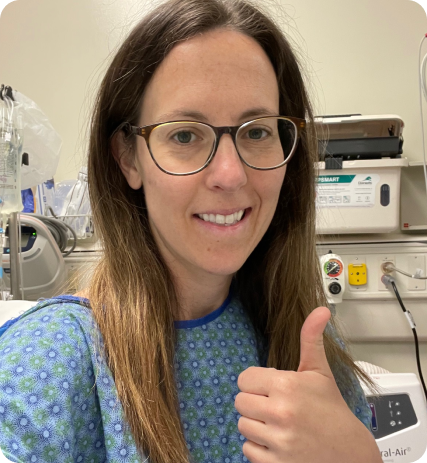
A few months after I started treatment, a scan suggested that my stomach cancer may have grown, though they couldn’t tell if it was getting worse or if it was just scarring. My peritoneal lesions were improving, however, so my care team determined chemo and immunotherapy treatments were working, and I might benefit from a partial gastrectomy. During the course of that nine-hour surgery, they also found cancer on one of my ovaries, and removed both of them as well.
Following surgery, I did a few more rounds of chemotherapy and immunotherapy, but by September I was so worn down that I temporarily stopped treatment. I’ll resume both chemotherapy and a different immunotherapy in December 2023, and am hopeful I will be able to tolerate them better.
The Case for Biomarker Testing
I will be living with stage 4 stomach cancer for the rest of my life. In order to improve my health outcomes and my day-to-day life, I want access to the most up-to-date research-backed treatments, the most promising clinical trials and the most progressive clinicians.
If I was not being treated by a cutting edge team, I do not believe my biomarkers would have been tested and my treatment regimen up to now would have been very different. Early last summer, one of my doctors told me she had just learned at a conference about an emerging biomarker called CLDN18.2 that could be a promising new avenue for treating stomach cancer patients like me.
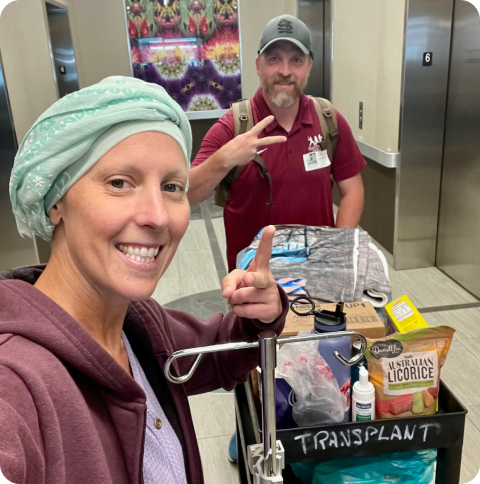


I want to encourage all newly-diagnosed stomach cancer patients to advocate for themselves, do research and ask questions, and to not assume their health care team knows everything there is to know about the newest treatment options. Things are moving so fast, and new biomarkers and new possibilities are emerging at a rapid rate that may play a role in both extending and improving patients’ lives now and in the future.
Meet other patients.

PDL-1 CLDN 18.2
Lauren Donithan
Lauren was diagnosed with Stage IV stomach cancer in 2023 at age 37.
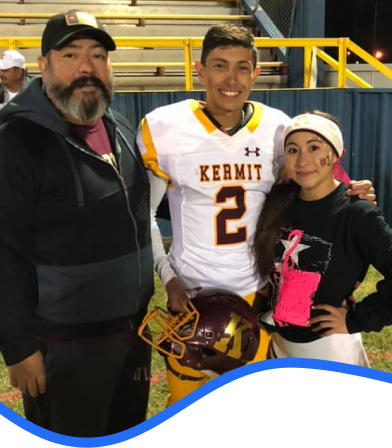
HER2
Javier Flores
Javier received the grim diagnosis of Stage IV stomach cancer in 2017 at age 39.
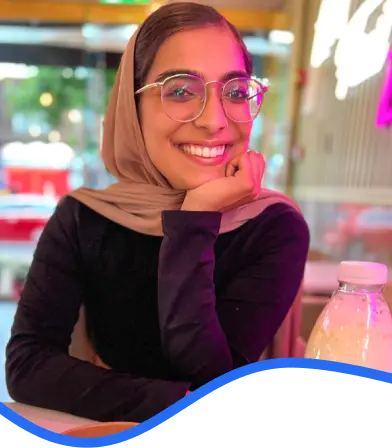
MSI-high
Uroosa Khalid
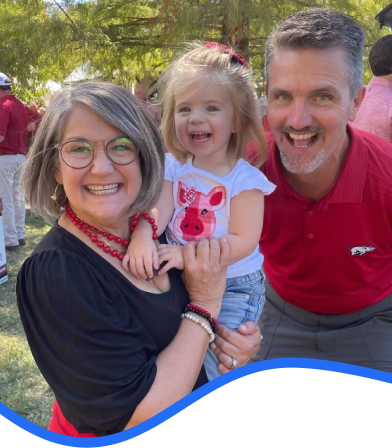
HER2
Terri Brady
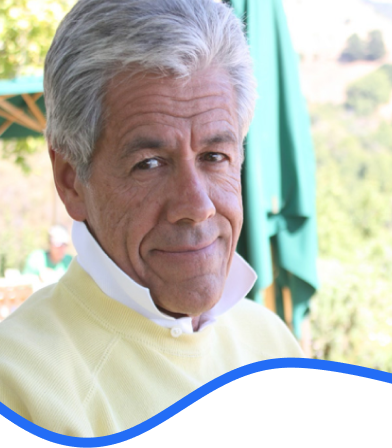
HER2
Bruce Shipman
In 2021, Bruce was in the midst of a cross-country move when he was diagnosed.

tumor
mutational
burden
Suzanne Ottinger